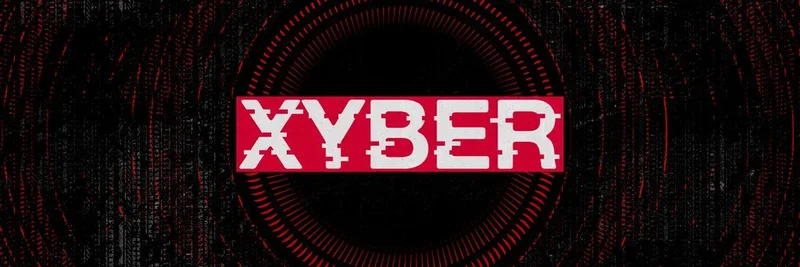In the fast-paced world of cryptocurrency, where innovation meets speculation, a recent tweet from Ryan Watkins has sparked a lot of discussion. Watkins, known for his sharp insights into the crypto space, highlighted a key reason why startup failures in crypto sting so much more than in traditional business. Let's dive into what he said and why it matters, especially for those navigating the wild world of meme tokens.
Watkins starts with a stark fact: over 90% of startups fail. That's true across industries, from tech to food delivery. But in crypto, these failures feel amplified, leaving a trail of disappointed investors and skeptical communities. Why? As Watkins puts it, "It’s because we have essentially turned everyone into VC investors by attaching publicly traded tickers to every venture."
What does that mean? In traditional venture capital (VC), professional investors like funds and angels pour money into early-stage companies, knowing the risks are high. They do due diligence—thorough checks on the team, product, and market potential. But in crypto, projects often launch with tokens that anyone can buy on exchanges right away. These tokens act like publicly traded stocks, but without the regulations or vetting that come with actual stock markets. Suddenly, everyday people—retail investors—are betting on these "startups" just like VCs, but without the expertise or buffers.
This democratization sounds empowering, right? It lets anyone participate in potential moonshots. But Watkins points out the downside: "We then ballooned the number of investable 'companies' by allowing any random dev to launch a viable and investable 'startup' with no due process."
Enter the era of easy token launches. Platforms like Solana or Ethereum make it simple for developers (or even non-devs using tools) to create and list tokens. No need for a business plan, team verification, or even a working product. This is especially true for meme tokens—those fun, community-driven coins inspired by internet jokes, animals, or trends. Think Dogecoin or newer ones like PEPE. They're launched quickly, hyped on social media, and traded instantly. But without "due process," many are rugs (scams where creators pull out funds) or just poorly executed ideas that fizzle out.
Watkins' tweet quotes an article by @defi_monk titled "OK Doomer - Rejecting Crypto Pessimism." The piece pushes back against the growing negativity in crypto Twitter (CT), where natives complain about the industry's state. It argues that while there are issues, downplaying innovation isn't helpful. This context adds depth: failures are painful, but they're part of the experimentation that drives blockchain forward.
For meme token enthusiasts and blockchain practitioners, this insight is crucial. Meme Insider is all about helping you sort through the noise—understanding which projects have real community backing versus those that are quick cash grabs. If you're investing in memes, treat it like VC: do your own research (DYOR), check the dev's history, and look at tokenomics (how the token supply and distribution work).
But let's be real—crypto's open nature is what makes it exciting. It lowers barriers, allowing gems like successful meme coins to emerge from nowhere. The pain comes when expectations clash with reality. Traditional startups fail quietly behind closed doors; crypto ones crash publicly, with token prices plummeting and communities fracturing.
To mitigate this, the industry is evolving. We're seeing more tools for transparency, like on-chain analytics from platforms such as Dune Analytics (dune.com) or community vetting on forums like Reddit's r/cryptocurrency. DAOs (Decentralized Autonomous Organizations) are experimenting with governance to add some "due process" without stifling innovation.
In summary, Watkins nails why crypto hurts: it's VC for the masses, amplified by easy launches. For meme token fans, it's a reminder to enjoy the ride but pack a parachute. Stay informed with Meme Insider's knowledge base, where we break down the latest trends and tech to help you level up in blockchain.
What do you think? Does this resonate with your crypto experiences? Share in the comments below!

